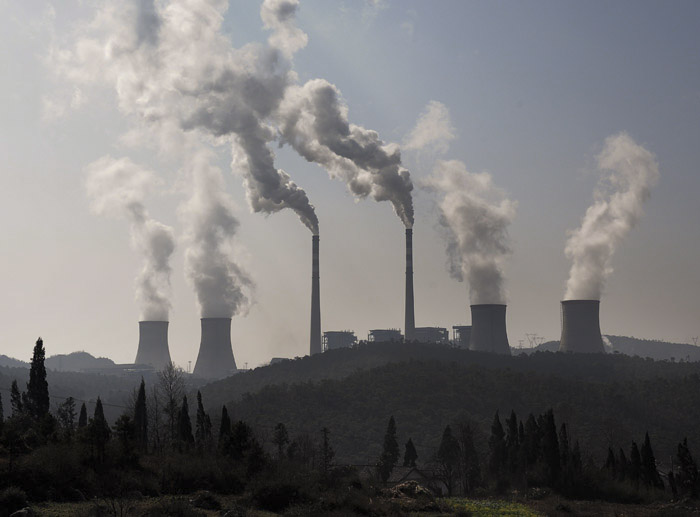By Vanessa Broadbent (The Cascade) – Email
Print Edition: October 1, 2014

The topic of climate change was the cause of the People’s Climate March on Sunday, September 21. The protest took place in New York to advocate for international action against climate change. It was the largest protest of its kind, attracting over 310,000 people: more than triple the expected turnout. It was one of 2,700 events held that day all around the world, and over 100 New York City leaders were in attendance, including several UN leaders.
It’s amazing to see so many people come together to stand up for an extremely important issue, but I can’t help but wonder how many of those people are actually doing their part in reducing climate change. Protests can be a great way to raise awareness and bring people together, but that’s it. When the protests ended, most people went home and continued to live their lives just as before.
We expect everyone else to change. Large companies continue to use non-renewable resources and we can’t believe the government allows them to get away with it. But what are we doing? I may not own a large company that pumps pollution into our atmosphere at an insane rate, but that doesn’t mean I can’t make a difference and reduce my carbon footprint. Change starts with the individual, not just the corporate world.
So what can we do to make a difference in our day-to-day lives?
It’s easy to make environmentally conscious decisions. It’s as simple as unplugging electronics when we’re not using them. Does a laptop really need to be on and plugged-in all day? Switch regular light bulbs to LED or compact-fluorescent lights. These small acts can make a difference.
Eating organic and locally grown food can reduce the amount of pesticides and chemical fertilizers that are used. Cutting back on processed food can help, as well as buying products with recyclable packaging. According to David Suzuki, 18 per cent of Canada’s greenhouse emissions come from meat and dairy production; something as simple as eating one meal a day without meat or dairy can help reduce our carbon footprint.
Big companies aren’t the only ones contributing to global warming. David Suzuki also states that pollution from transportation composes 25 per cent of Canada’s greenhouse emissions. Going car-free is easier than it sounds, especially for UFV students. There are plenty of options for students such as the campus connector shuttle bus and the use of city transit — you pay for it as a part of your U-Pass. If both of those are out of the question, the least we could do is carpool.
I think it’s time for people to practice what they preach and start doing their part. Preventing climate change doesn’t start with the government or large companies — it starts with us.

